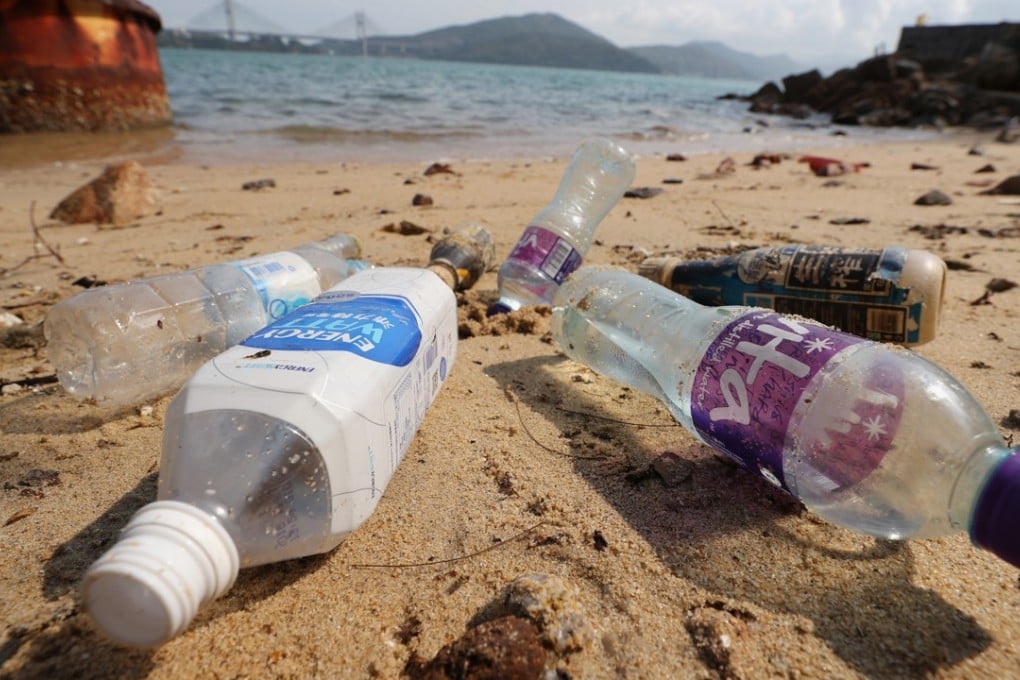Earth Day clean-up nets 3 tonnes of trash on Hong Kong beaches – and it’s mostly plastic items used just once
More than 1,500 people gathered in Sai Kung, Lamma Island, Discovery Bay, Tai Po, Central and Sham Tseng to collect rubbish

“End plastic pollution” was the rallying cry for this year’s international Earth Day.
But going by the 3,000kg of rubbish cleared from Hong Kong’s beaches on Sunday, the city does not look to be moving anywhere near that goal.
“I would say about 80 per cent of what we picked up were plastic items that were only used once … and most of it was local,” said Dr Robert Lockyer, director of operations at the AquaMeridian Conservation and Education Foundation, one of the groups organising a major citywide beach clean-up.

More than 1,500 people took part in clean-ups in Sai Kung, Lamma Island, Discovery Bay, Tai Po, Central and Sham Tseng.